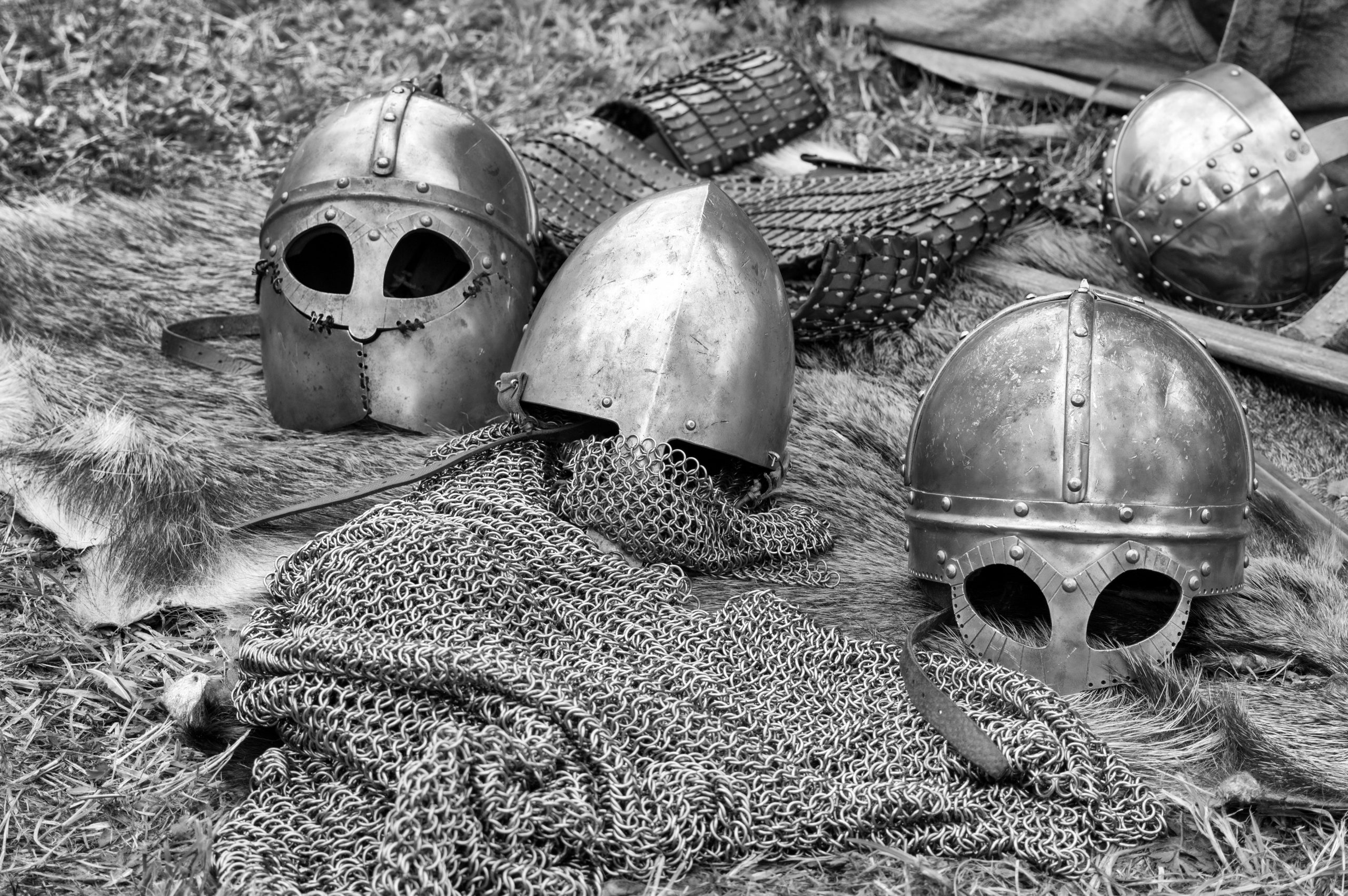Learning from History
“Those who fail to remember the past are condemned to repeat it.” George Santayana, The Life of Reason, 1905
The above quote has such profound meaning. It is essential to study lessons from the past and apply them to this subject of “Forced Sunday Sacredness – Say No”.
So far we have seen a general influence on making Sunday special or sacred. We see a decided effort in setting Sunday aside for fewer shopping hours, protecting the environment, a family day, and the list goes on. But why Sunday? Have we seen this happen before in history?
To answer these questions we need to go back in history to find out which day was sacred to the Jews, early Christians, and also find out which day was sacred to the Roman Empire.
If we turn in our Bible to Exodus 20 verse 10 we read “But the seventh day is the Sabbath of the LORD thy God”. Now we also know that Christ was crucified on Friday afternoon, laid in the tomb Friday evening, and rested on Saturday the Sabbath.
Whilst I am not a Catholic the following quotation is of interest:
“The Catechism of the Catholic Church states that, “It is the mystery of Holy Saturday, when Christ, lying in the tomb, reveals God’s great sabbath rest after the fulfilment of man’s salvation, which brings peace to the whole universe.”6
This subject could be expanded to many pages, but at this point we can now conclude that the Jews and early Christians kept Saturday sacred. We can go back further in history to the creation of the world and find that people also kept Saturday sacred. (See Genesis 2:3)
The majority of churches today keep Sunday sacred. Many claim this is because Christ rose on Sunday, but in Christ’s own words He said “Think not that I am come to destroy the law, or the prophets: I am not come to destroy, but to fulfil.” Matthew 5:17. So if Christ did not make Sunday sacred then who did?
Now, I want you to travel with me to AD 321. At this time in history, the Roman Emperor Constantine the Great, had a dilemma. Part of his Empire was Pagan and they kept the first day (Sunday) sacred. The other part was Christian and they kept the seventh day (Saturday) sacred. What should Constantine do to unite his Empire?
This change was not a sprint for the Roman Empire, but more of a marathon. First, the changes needed to be small and less noticeable, but over time the migration was seismic and effective.
The author Ellen White writes:
“Little by little, at first in stealth and silence and then more openly as it increased in strength and gained control of the minds of men, the mystery of iniquity carried forward its deceptive and blasphemous work. Almost imperceptibly the customs of heathenism found their way into the Christian church. The spirit of compromise and conformity was restrained for a time by the fierce persecutions which the church endured under paganism. But as persecution ceased, and Christianity entered the courts and palaces of kings, she laid aside the humble simplicity of Christ and His apostles for the pomp and pride of pagan priests and rulers; and in place of the requirements of God, she substituted human theories and traditions. The nominal conversion of Constantine in the early part of the fourth century caused great rejoicing; and the world, arrayed in robes of righteousness, walked into the church. Now the work of corruption rapidly progressed. Paganism, while appearing to be vanquished, became the conqueror. Her spirit controlled the church. Her doctrines, ceremonies, and superstitions were incorporated into the faith and worship of the professed followers of Christ.”7
The change started by making Sunday a fun day or feast day, whilst making Saturday more of a burden. As time went by, more and more people wanted to migrate to keep the “day of the sun” sacred. Even Constantine in AD 321 passed a law saying:
“All judges and city people and the craftsmen shall rest upon the venerable day of the sun. Country people, however, may freely attend to the cultivation of the fields, because it frequently happens that no other days are better adapted for planting the grain in the furrows or the vines in trenches. So that the advantage given by heavenly providence may not for the occasion of a short time perish.”8
In the early centuries all the Christians observed the Bible Sabbath (Saturday the Seventh-day Sabbath) which Christ kept. After all, Christ was, and is, the Leader of the Christian Church who came to set us an example.
There was no biblical evidence to migrate from the Sabbath on Saturday to a sabbath on Sunday, however, the Pagans who kept the “day of the sun” were all too eager to have these new followers worship on their day.
References:
6 Catechism of the Catholic Church, 624-625 Archived December 25, 2010, at the Wayback Machine.
7 The Story of Redemption p326











